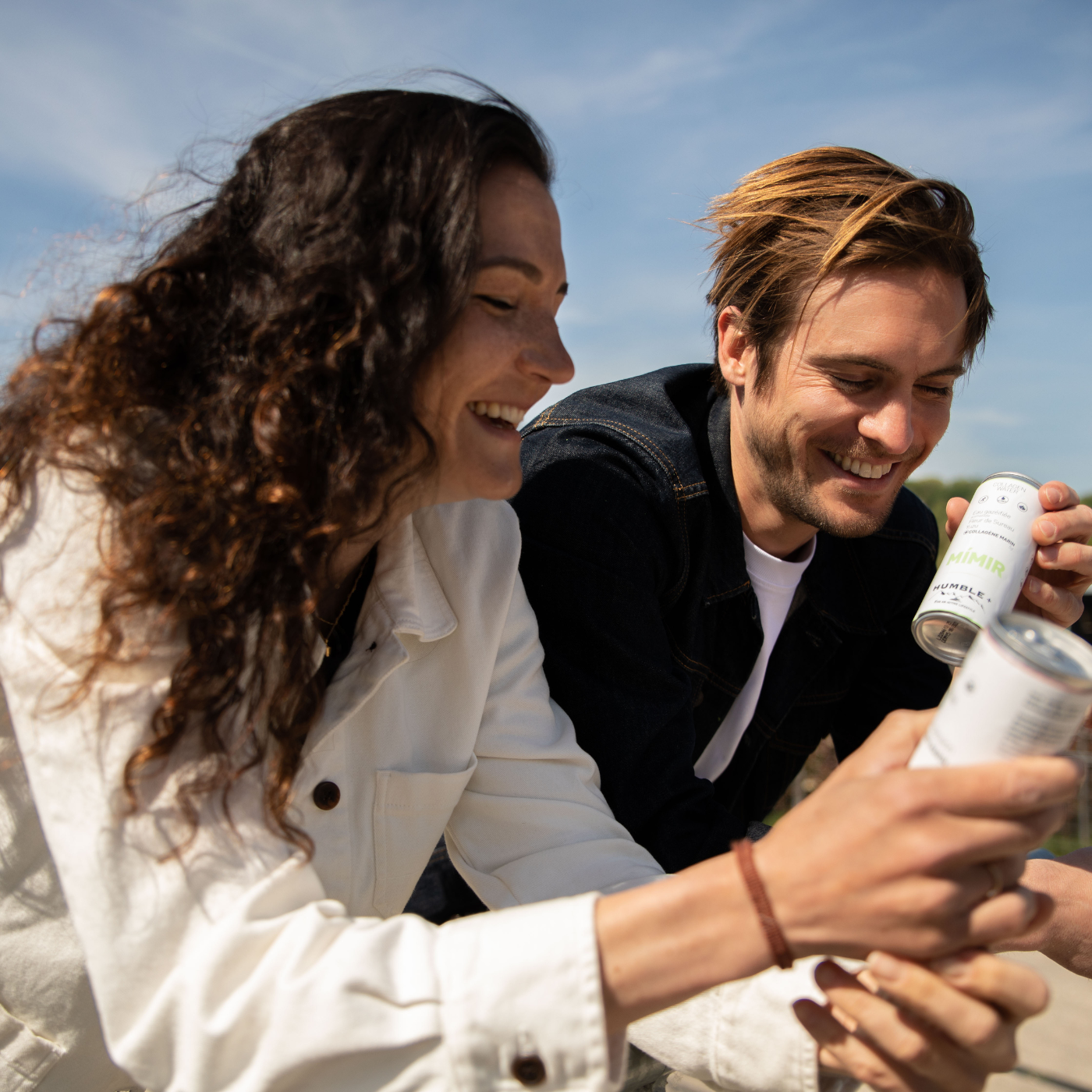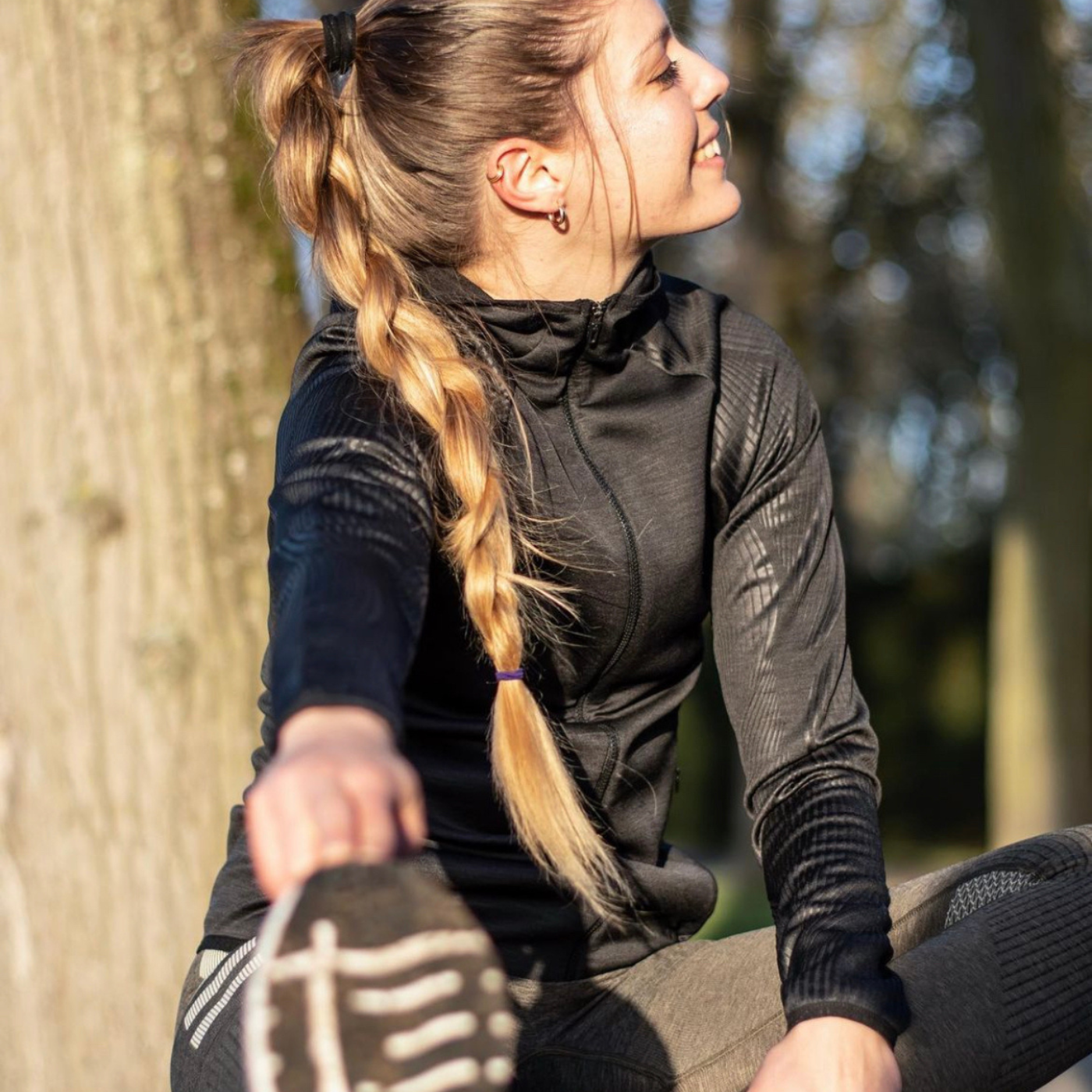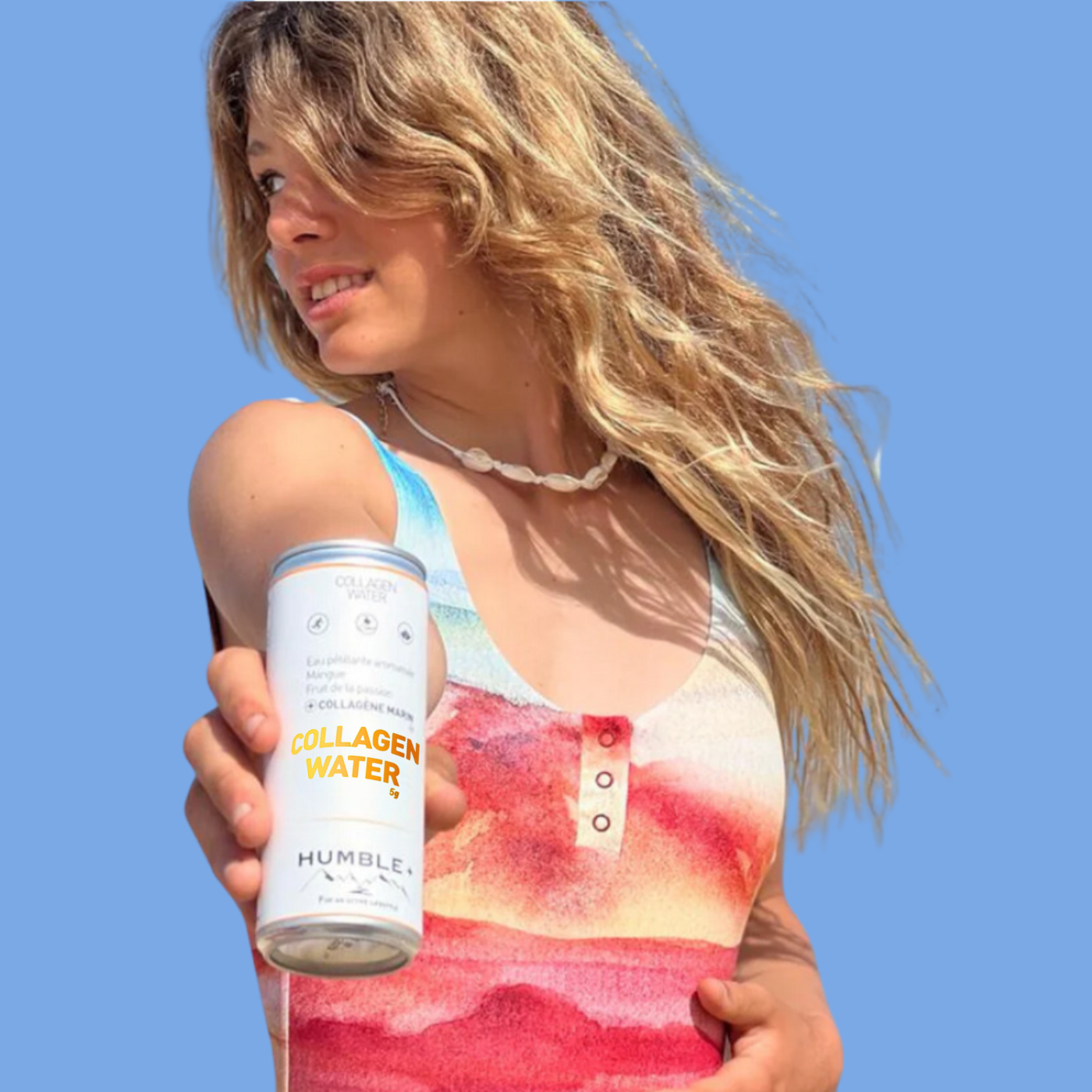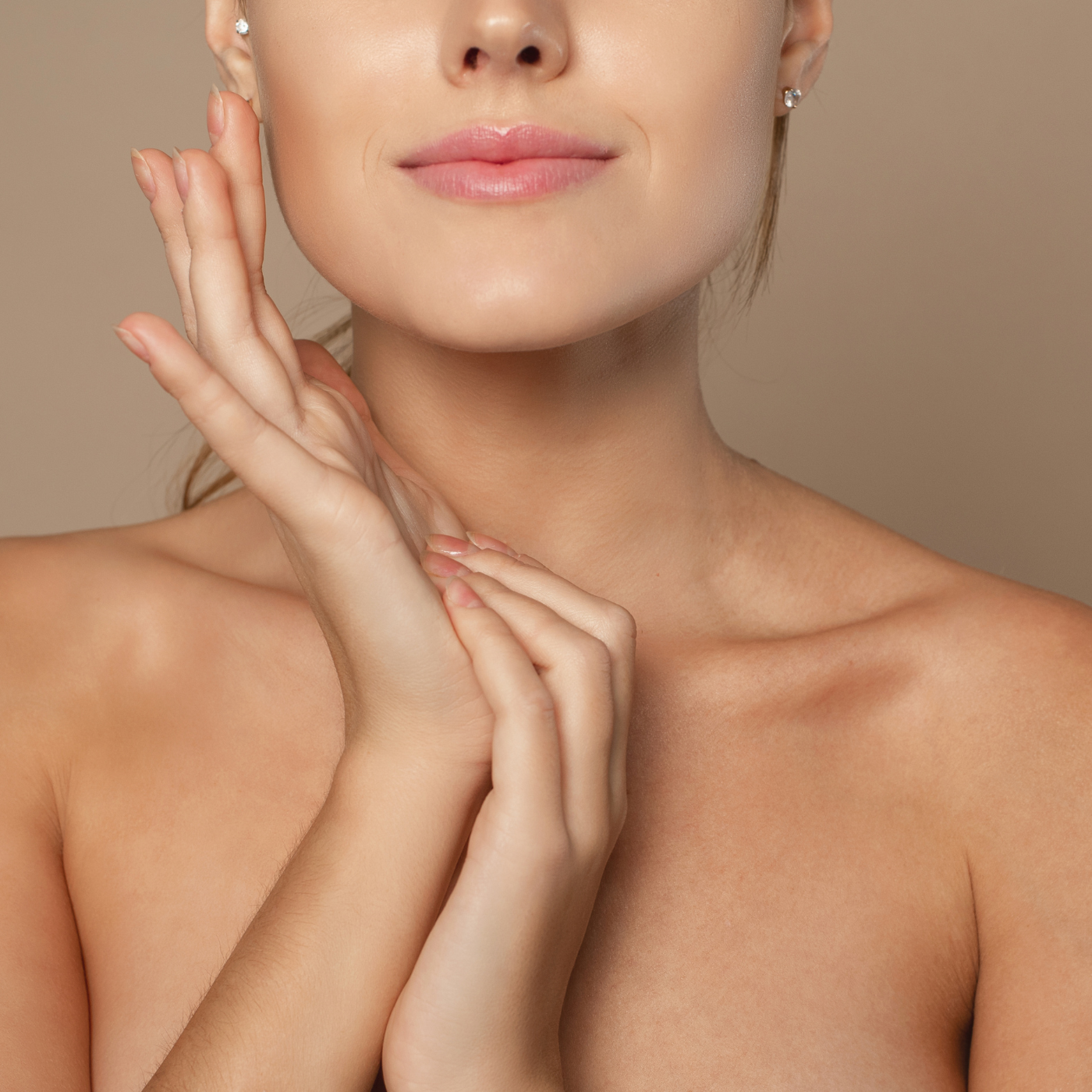
collagen and skin
Collagen is an essential protein naturally present in our skin, our dermis.
The dermis is the layer of skin located below the epidermis. It is made up of various connective tissues that give it its structure and elastic properties, including collagen.
Collagen makes up about 70-80% of the dermis. It is mainly represented by type I collagen, which is the most abundant type of collagen in the skin. Type I collagen forms a dense web of fibers in the dermis, providing strength and support to the skin.

Collagen and aging
Wrinkles and loss of skin elasticity are natural manifestations of the aging process.
Indeed with age our skin undergoes structural changes. The production of collagen decreases, which leads to a decrease in the elasticity and firmness of the skin.
Collagen and elastin fibers gradually break down, leading to the formation of wrinkles and loss of skin strength and elasticity. Elastin works in tandem with collagen in maintaining the structural integrity of tissues.
In addition to age, certain external factors can also accelerate skin aging and the appearance of wrinkles.
Excessive sun exposure is one of the main factors, as UV rays damage collagen fibers and cause elastin to break down. Smoking, pollution, stress, poor diet and lack of proper skin care can also contribute to loss of elasticity and formation of wrinkles.

Collagen and anti-wrinkle
When you consume collagen, collagen peptides penetrate the skin and stimulate fibroblasts, the cells responsible for collagen production.
This stimulation promotes the synthesis of new collagen fibers, thus strengthening the structure of the skin.
New collagen fibers fill in the spaces between skin cells, which can reduce the appearance of fine lines and wrinkles, giving skin a smoother, tighter appearance.

Cell regeneration
Collagen provides essential amino acids, such as glycine, proline and hydroxyproline, which are necessary for cell regeneration and repair of damaged skin tissue.
By consuming collagen, you can provide your skin with the necessary building blocks to support skin regeneration and repair.
This can help smooth out existing wrinkles, reduce skin damage and prevent new wrinkles from appearing.

Skin hydration
Collagen has the ability to retain water in the skin, which promotes optimal hydration. Well hydrated skin is more supple, smoother and less prone to fine lines and wrinkles.

Protection against free radicals
antioxidant collagen
Collagen has antioxidant properties that protect the skin against free radicals.
Free radicals are unstable molecules produced in response to factors such as sun exposure, pollution and stress. They can damage skin cells, causing collagen breakdown and accelerated skin aging.
The antioxidant properties of collagen help neutralize free radicals.
You want to know more ?
Discover all the benefits of collagen for the joints or find the science behind collagen!

